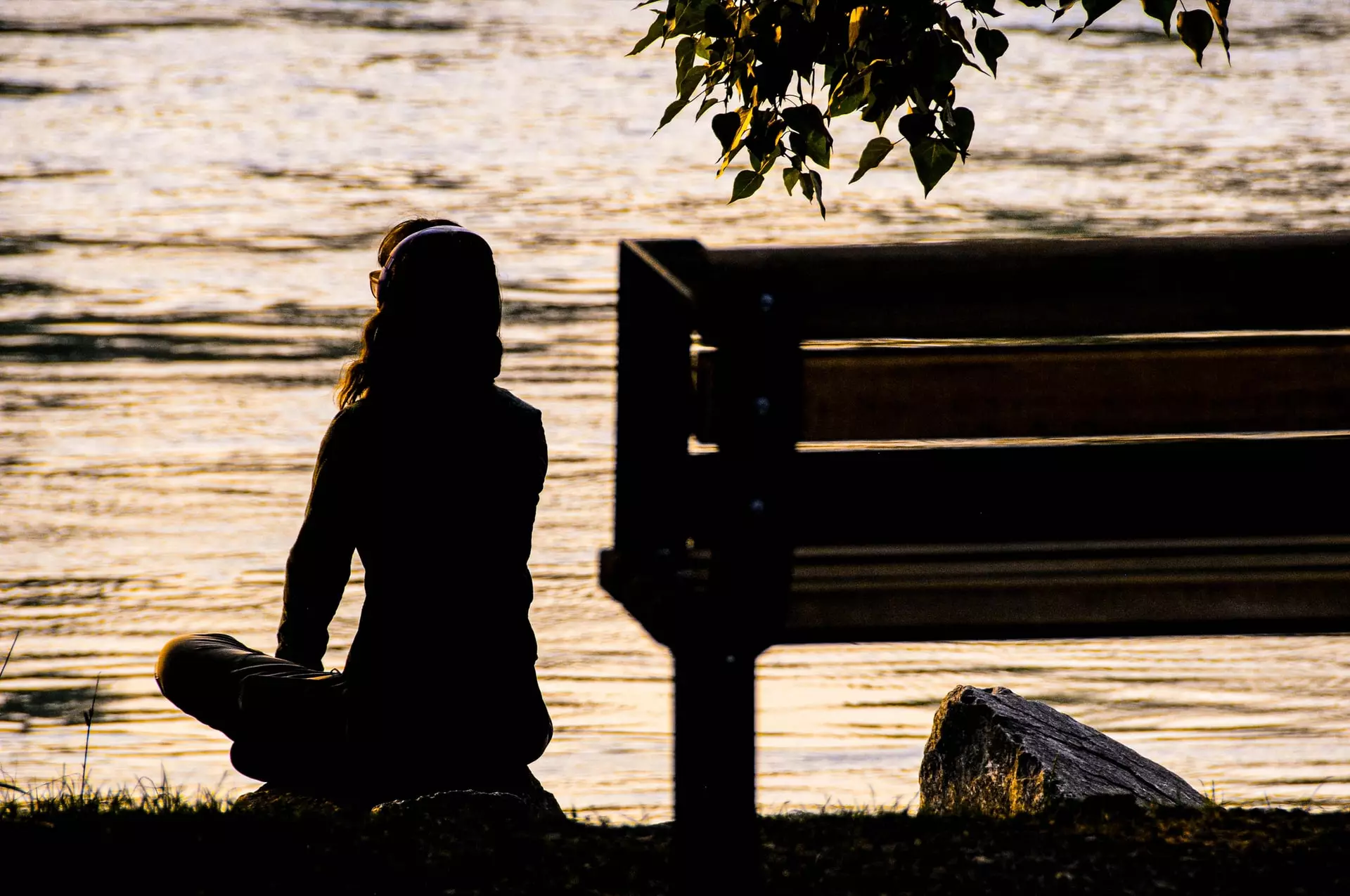
Addiction and mental health are intertwined phenomena. In some ways you could say they grow together, like plants that tend to be found together in the wild.
Addiction and mental health problems grow together because they come from the same root conditions. Wherever there is a lack of wholeness and safety inside the self, you are likely to see either or both crop up.
Mental health and addiction are fostered in that profound suffering – the state of inner fracture – and both can be understood as attempts by the human psyche to find a way to cope with that state. The psyche tries to keep itself together, by coming up with ways to rebalance itself. Mental health problems and addiction can both be understood in that sense, as adaptations to a core imbalance.
Addiction is what happens when dependence on an externally-sourced substance develops. That externally-sourced substance is addictive because it helps modulate (temporarily) the experience of having a broken self. Addiction can develop also to behaviors which induce a state change inside us, but the purpose is the same – to help make living with a broken self more tolerable.
Whether to substances or behaviors, addiction is characterized by a gradual loss of freedom while life becomes more and more devoted to maintaining the chemically altered state of being, as well as avoiding the state of withdrawal.
What’s tragic about addiction is the extent to which a person’s life energy can be consumed into the needs of the addiction, and the way that feeding the addiction eclipses all other life activities and purposes. Relationships, career ambitions, experiences of human aliveness – all can become less important than the requirements of the addict within. The spirit of addiction consumes a person from the inside out, much like a parasite, eating its way through its host, eventually killing it unless treated.
Mental health roughly refers to the state of mind and state of psyche which we would call whole, intact, or even just functional enough to get by. When we have good-enough mental health, we are considered sane. When there is a severe imbalance, a distortion favoring a problematic, counterproductive way of coping, it can come to be considered a mental illness.
Mental illnesses can be considered as maladaptive coping mechanisms, or ways of adjusting to life that create serious problems for us.
What is helpful to understand about the two is that they interact with each other – people with addiction almost always can be said to have had an underlying mental health condition which sets them up to need extra help finding peace and safety internally. Likewise, if you didn’t have any before, addiction gives you mental health problems. During withdrawal we suffer terribly, but also long afterwards, when the ravages visited upon a human soul through addiction can take on the characteristics of mental illness – depression, anxiety, obsessions, even psychosis.
The best approach for healing mental illness and addiction is to treat both at once, while understanding that more important than the names and classifications, which particular diagnostic code you may be given, is to understand that suffering can be healed.
Whether that suffering looks most like addiction, mental health imbalance, or most likely, a combination, the cure is the same for both. The cure, in essence, is to develop a path back to wholeness that is just right for you.
Via this personalized path back to wholeness, you come to experience a kind, loving presence at the center of your experience. This kind loving presence inside can bear witness and teach you to tolerate and withstand the many shifting states of being which come to arise in you in the course of your life.
12 step programs help you anchor that presence in by calling upon a “higher power” who comes to help you with your daily life, all your activities, to help you tolerate your feelings, make decisions, know what to say and do. Mental health programs and therapists help you to activate the aspect of your own self who is like that higher power, the wise one. Both usually work best when there is an element of community as well, so that people outside of your own psyche can help you recall your value, your tools, and your belonging to the family of life.
Ultimately it does not matter what you call it or how you think of it, as long as you develop a personal relationship of trust and relying upon this centered, loving best wisdom to help you get through life with a sense of coherence, purpose, and safety.

